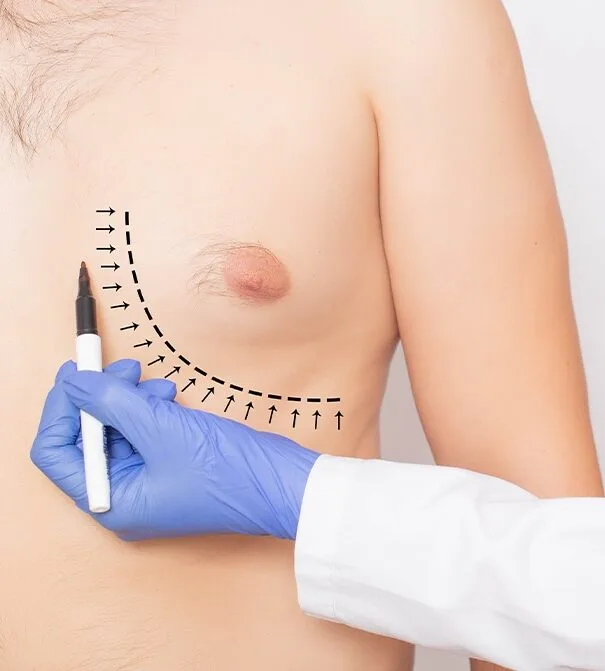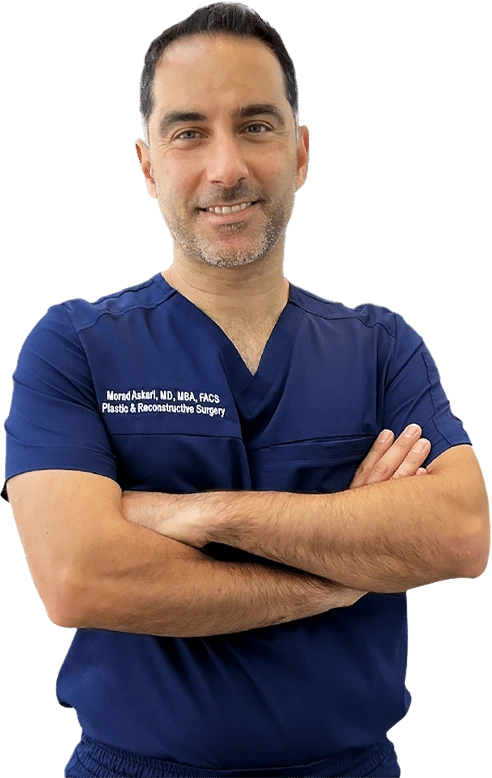Are you one of the many men struggling with excess breast tissue, feeling self-conscious about taking off your shirt at the beach or in the locker room? If so, you are not alone. Gynecomastia is a common condition that affects up to 60% of men, causing them to develop unwanted excess breast tissue.
At Revive Surgical Institute in Miami, FL, we offer male breast reduction surgery to help you achieve the masculine chest contour you desire. Led by our board-certified and highly experienced surgeon, Dr. Morad Askari, our team is committed to providing the best possible care and optimal outcomes for our patients.

Non-surgical options for gynecomastia surgery include hormonal therapy, exercise and diet, and chest compression garments. While these treatments may help to reduce the appearance of excess breast tissue, they are generally not as effective as surgical options.










Side effects of medications like Anti Depressant & Anxiety drugs

Medical conditions, such as liver disease, kidney failure, and thyroid problems

lifestyle factors such as obesity and excessive alcohol consumption
Copyright 2025. Revive Surgical Institute.